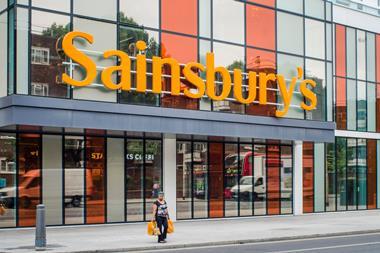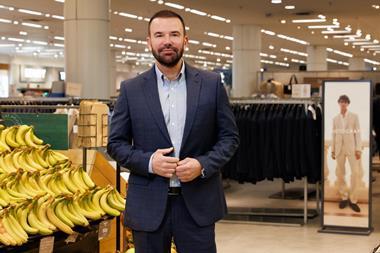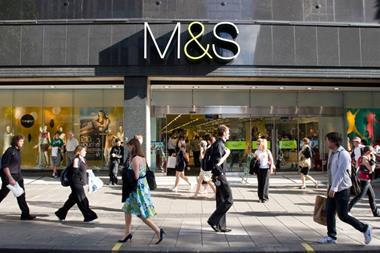In stark contrast to much of the high street, Game is likely to post double-digit like-for-likes. That follows record profits last year and the sector’s best Christmas performance.
The retailer’s showing has helped its shares rise more than 40 per cent in the past three months, while the stores sector in general has headed so far south it’s in sight of Cape Horn.
As one of retail’s dwindling number of outperformers, Game has featured on buy lists, but is it time to sell? Shore Capital’s John Stevenson thinks so, even though he upgraded his forecasts four times in the past six months.
At the heart of the argument is the extent to which Game’s success has been driven by the cycle of products such as the Nintendo Wii and DS Lite. Nobody disputes that Game is well-run. You can have the best product in the world but, without excellent retail disciplines, there is no guarantee of Game’s level of success.
But even the best management may ultimately be in thrall to the product cycle in a market such as games, powered as it is by the strength of the release pipeline.
For evidence, you only have to look at the last cycle. Stevenson points out that, after reaching 154p in May 2002, the shares plunged to 33.75p seven months later. He argues that the exact turning point is hard to forecast, but that the present year will be as good as it gets and it’s time to exit.
There’s nothing new in an analyst attempting to call the market. However, Game’s chairman, chief executive and finance director have all, for various reasons, sold most of their shares in the past months – and management behaviour is one of the most useful triggers for investors to act on.
Sainsbury’s is in good position
After Tesco’s update this week, all eyes will be on Sainsbury’s when the grocer publishes its first-quarter numbers next week.
Sainsbury’s is determined to safeguard its value credentials, but its relatively upmarket positioning may help. The poor spend far higher a proportion of their income on food, so Sainsbury’s may not be especially vulnerable to the effects of tighter purse strings. Its shoppers, while determined to get value, may not be actively pruning their spend.
George MacDonald is deputy editor of Retail Week


























No comments yet